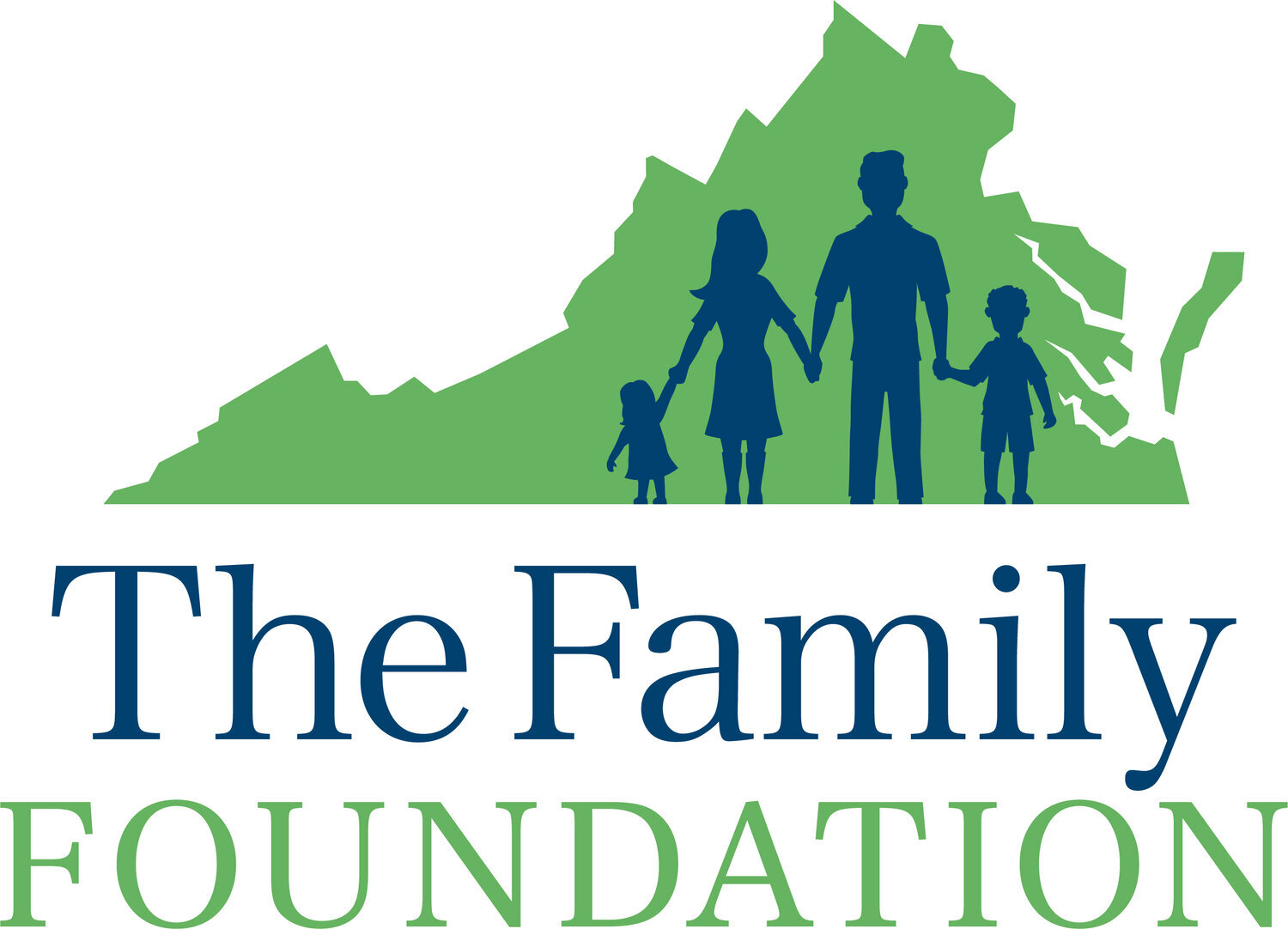Making the Internet a little safer for Minors
In June 2023, a Virginia Mercury headline read: “Ahead of new age verification law, Pornhub blocks access in Virginia.” The article was referring to how Virginians will no longer be able to access Pornhub, one of the internet’s most grotesque pornography websites, in response to a new law passed by the General Assembly.
Last year, the General Assembly passed SB 1515 (R-Stanley), which requires websites with pornographic images to screen out children from entering their site. Now, parents whose child has been harmed by such websites without adequate screening can sue these companies for civil damages – a concept that has already been successfully implemented in at least one other state.
The dangers of online pornography are undeniable according to research.
12- to 17-year-olds is the largest group of internet porn users.
Pornography sites have more traffic that Netflix, Amazon and Twitter combined.
64% of people aged 13 -24 view pornography at least weekly.
49% of young people first viewed pornography before age 13.
Common Sense Media released a study which found that 15% of today’s teens first saw pornographic images online by age 10, with the average age being 12 years old. The data shows that 73% of today’s teens have been exposed to pornography either accidentally or intentionally.
The $3 billion pornography industry understands that if they want to expand their business, they need to groom new users at young ages. They understand that because the adolescent brain is driven by overstimulation, the teen will focus on pornography constantly when triggered.
Based on the bills introduced this session so far, it appears that some legislators from both parties are recognizing there is a problem that continues to need to be addressed. Here’s a few of them that have been introduced thus far, and what they would accomplish if they became law:
· HB547 (R-Walker) would provide internet safety education program for 3rd-12th grades by requiring school boards to adopt policies to provide an internet safety education program to each student in grades three through 12, that also gives parents the opportunity to opt-out of the lesson.
· HB706 (Webert) would provide internet safety education for 6th - 12th grades by requiring school boards to adopt an internet safety education program for students in grades 6 through 12.
· HB562 (R- Campbell) and SB 532 (R-Jordan) would prohibit any commercial entity that offers social media accounts – Facebook, Instagram, TikTok, X, Snapchat – from knowingly to allow a minor to access a social media account between the hours of 12:00 a.m. to 6:00 a.m., unless the minor's parent has provided written permission.
· HB707 (D - Maldonado), HB821 (R-Cherry), HB1115 (R-Hodges), and SB 359 (D-VanValkenburg), though they differ slightly, all seek to amend the Consumer Data Protection Act to prohibit a data controller from processing personal data of a known child for targeted advertising and to sell personal data without first obtaining consent from the child's parent or legal guardian.
· SB28 (R-Stanley) would require local school boards to develop policies regarding cell phones and other handheld devices during class instructional time.
While not all of these bills will pass this year, we are pleased legislators from both parties have recognized this issue and are working to provide solutions. With the entire pornography industry targeting our children to lure them into that sick, destructive world, it is critical that the General Assembly continue to build on what SB 1515 started, and work towards ensuring young kids are protected.
